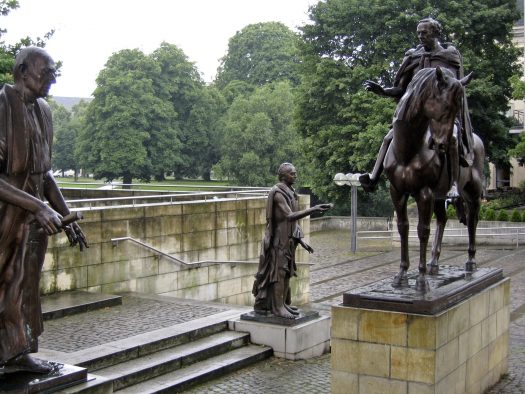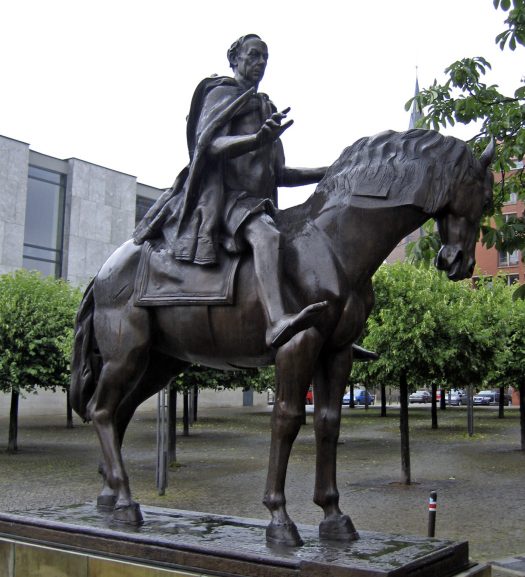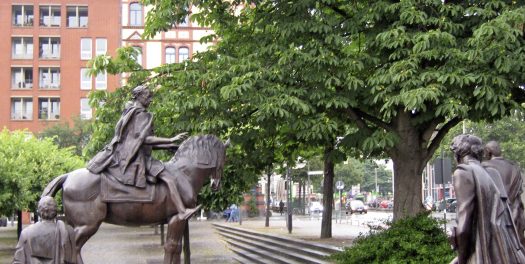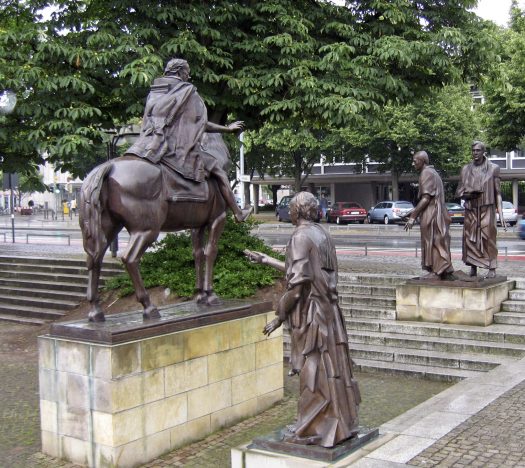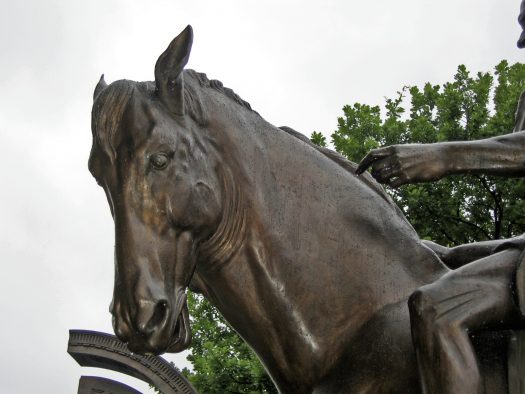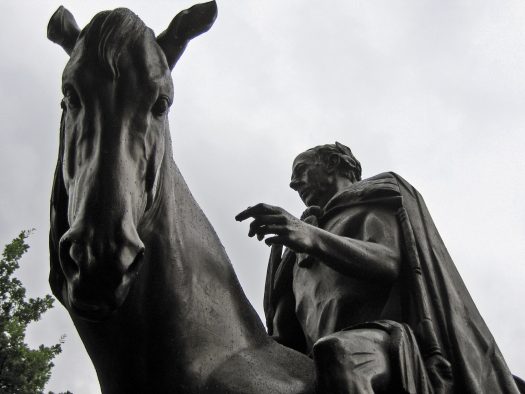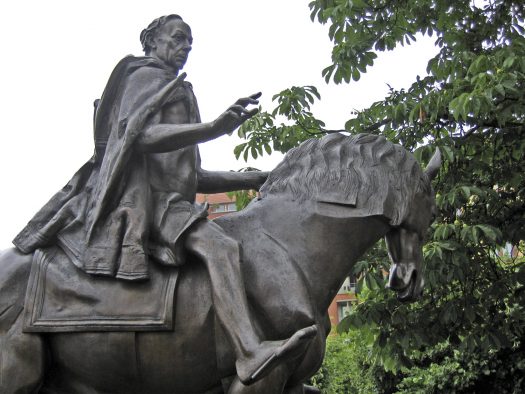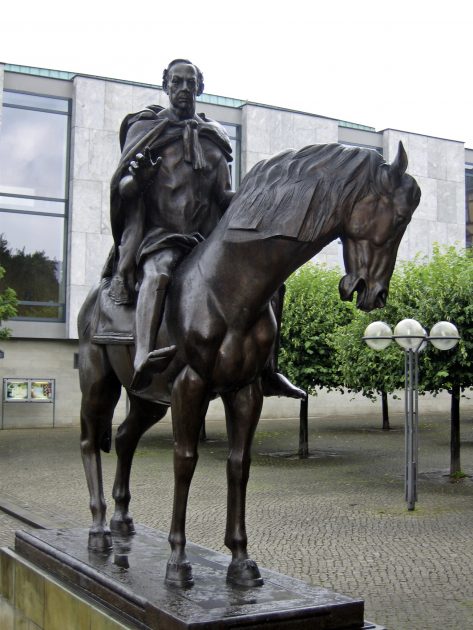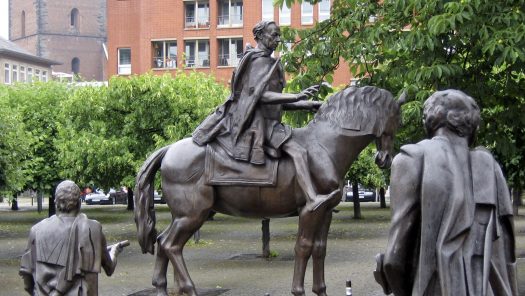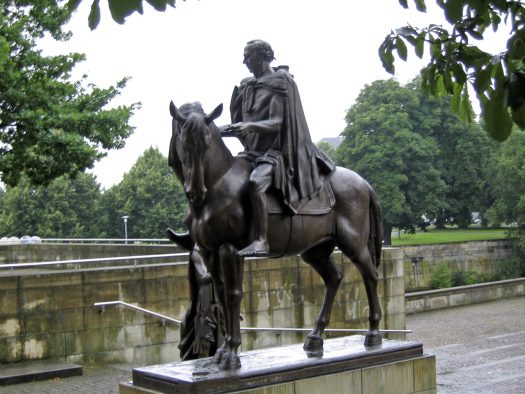- CountryGermany
- Town:Hanover
-
Year of creation:1998
- Rider(s):Ernst August King of Hanover
(1771 – 1851) was King of Hanover from 1837 until his death. As the fifth son of King George III of the United Kingdom and Hanover, initially he seemed unlikely to become a monarch, but none of his elder brothers had a legitimate son. Ernest succeeded in Hanover under Salic law, which barred women from the succession, ending the personal union between Britain and Hanover that had begun in 1714.
Ernest was born in London but was sent to Hanover in his adolescence for his education and military training. Although his mother Queen Charlotte disapproved of his marriage in 1815 to her twice-widowed niece, Frederica of Mecklenburg-Strelitz, it proved happy. The King’s eldest son, George, Prince of Wales (later King George IV), had one child, Charlotte, who was expected to become the British queen, but she died in 1817, giving Ernest some prospect of succeeding to the British throne as well as the Hanoverian one. However, his older brother Edward Augustus, Duke of Kent, fathered the eventual British heir, Victoria, in 1819 shortly before the birth of Ernest’s only child, George.
Following the death of his brother King Wilhelm IV, Ernest became Hanover’s first resident ruler since George I. He had a generally successful fourteen-year reign but excited controversy near its start when he dismissed the Göttingen Seven from their professorial positions for agitating against his policies. A revolution in 1848 was quickly put down in Hanover.
- Sculptor(s):Bodini, Floriano
(1933) is an Italian sculptor
-
The subject of this bronze cast monument is a historic event which took place in 1837 and was to pave the way for the assembly of the first all-German parliament in Frankfurt am Main in 1848 – the ‘protest’ by the ‘Göttingen Seven’
King Ernst August of Hanover succeeded to the throne in 1837, and one of the first acts he performed under royal authority was to revoke Hanover’s liberal constitutional law. which had been adopted by Wilhelm IV, his predecessor, in 1833. He then dissolved parliament and released all civil servants from their oath of allegiance to the constitution.
Seven professors of the Göttingen University regarded the abrogation of the constitution as an infringement of the law, for it was the king himself who had guaranteed ‘absolute adherence to the constitution’ on his accession to the throne. They felt they were still bound by their sworn oath of allegiance and in November 1837 resolved to lodge a ‘most humble complaint by appertaining to the Royal Charter of 1st November’.
However , Ernst August saw an act of manifest opposition in this courageous deed and dismissed the seven professors from office. Three of them were banished from the kingdom, since they had also admitted to distributing the protestation in public.
This monument not only commemorates a significant event in Germany’s constitutional history, but also declares the avowal of civic virtues which are the fundamentals of our community. This monument is thus a ‘monument to courage’.
